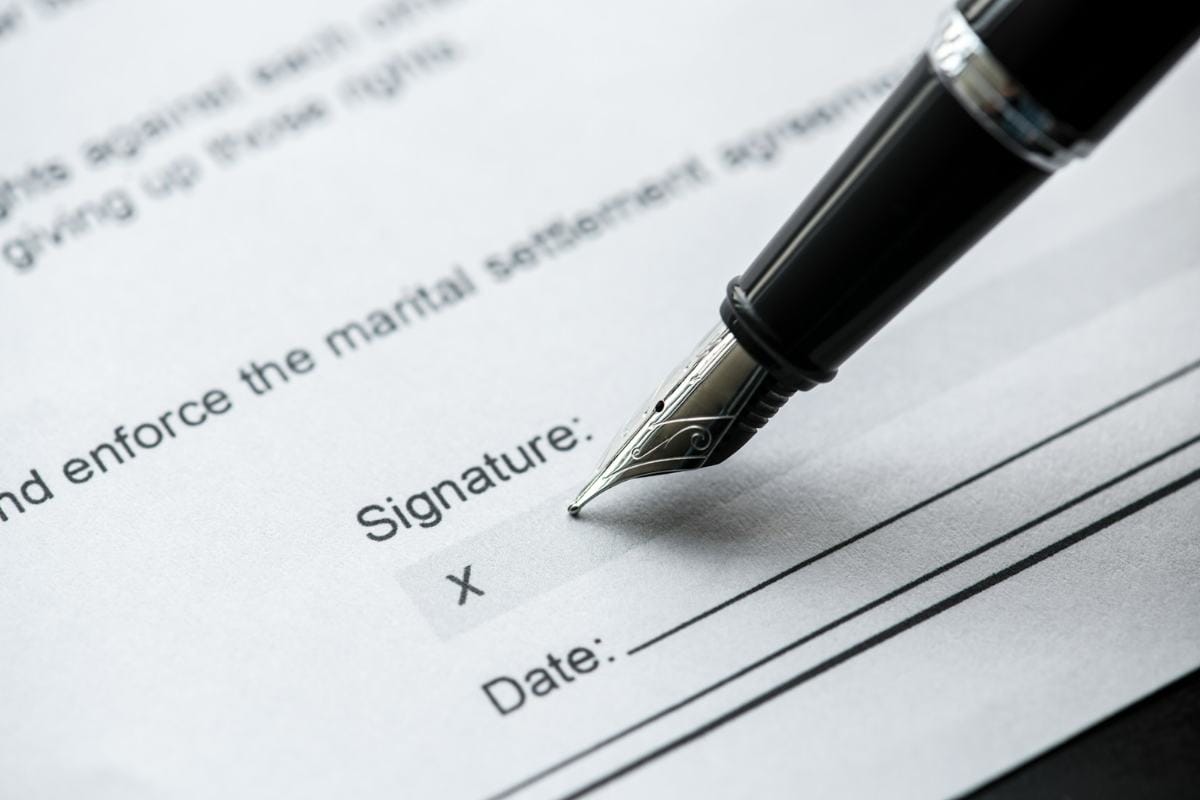Jon Greer, head of retirement policy at Quilter comments on the rumours that Rachel Reeves may extend the income tax threshold freeze to 2030, and particularly its impact on pensioners:
News that Rachel Reeves’ may potentially implement an extension of the tax threshold freeze will be yet another blow to pensioners. With 3.1 million retirees already on track to be pulled into higher tax brackets by 2027/28, as revealed by our FOI in August, the freeze is rapidly turning into a major tax burden for older Britons with estimates based on the data showing that the move could potentially drag 1-1.5 million extra pensioners into higher or additional rate tax brackets.
The triple lock may increase state pensions, but with tax thresholds frozen, many will find themselves paying taxes on what should be a lifeline during retirement. For those with a combination of state and private pensions, the hit will be felt even sooner, eroding their incomes at a time when financial security is crucial.
Compounding this pressure, Reeves’ decision to axe the Winter Fuel Payment adds salt to the wound. For many, this payment has been essential in managing rising energy costs, and without it, pensioners will face mounting expenses just as more of their income is being taxed. Together, these policies threaten to squeeze pensioners from all sides, making it more important than ever to seek guidance or financial advice to navigate this difficult landscape.
For those who are already withdrawing from their pension, it is important to only take as much money as you need each tax year, as the less you withdraw, the less income tax you will pay. Similarly, it is important to remember how much pension income you will have, including your state pension income, as it is also taxable.
If you have reached state pension age but do not wish to retire, you have the option to defer your state pension. If you reach state pension age on or after 6 April 2016 and opt to defer it, for every nine weeks you defer, your state pension will increase by 1%. While this can be a good option for those who are still working and do not yet require their state pension funds, it is important to remember that the additional amount is then paid with your regular state pension payment and could be subject to tax.”







![[uns] house of commons, parliament](https://ifamagazine.com/wp-content/uploads/wordpress-popular-posts/788873-featured-300x200.webp)


![[UNS] tax](https://ifamagazine.com/wp-content/uploads/wordpress-popular-posts/788955-featured-300x200.webp)




